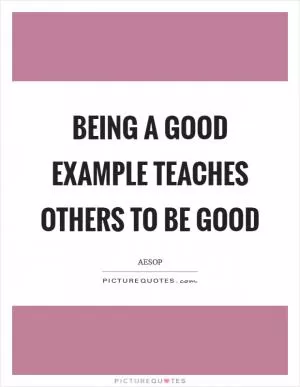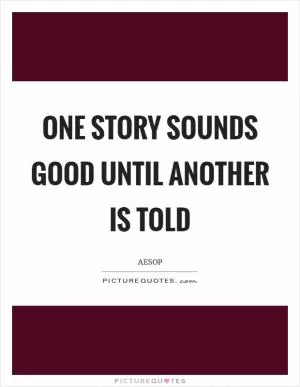We should find out as much as possible about someone before coming into conflict with him

We should find out as much as possible about someone before coming into conflict with him
In the fables of Aesop, the importance of understanding others before engaging in conflict is a recurring theme. Aesop's fables often teach valuable lessons about the consequences of hasty judgments and the benefits of seeking to understand others before jumping to conclusions.One of Aesop's most famous fables, "The Lion and the Mouse," illustrates the idea that even the smallest creatures can be of help to those who show kindness. In this story, a lion spares a mouse's life, and later the mouse returns the favor by freeing the lion from a trap. The moral of the story is that one should not underestimate others based on their size or appearance, as they may have valuable qualities that can be of benefit in times of need.
Similarly, in the fable of "The Fox and the Grapes," Aesop warns against sour grapes, or dismissing something simply because it is out of reach. The fox in the story convinces himself that the grapes he cannot reach must be sour, rather than admitting his own failure. This fable teaches the importance of humility and self-awareness, as well as the dangers of making assumptions without fully understanding a situation.
By taking the time to learn about others before coming into conflict with them, we can avoid unnecessary misunderstandings and conflicts. Aesop's fables remind us that everyone has their own perspective and motivations, and that by seeking to understand these, we can find common ground and avoid unnecessary strife.












 Friendship Quotes
Friendship Quotes Love Quotes
Love Quotes Life Quotes
Life Quotes Funny Quotes
Funny Quotes Motivational Quotes
Motivational Quotes Inspirational Quotes
Inspirational Quotes